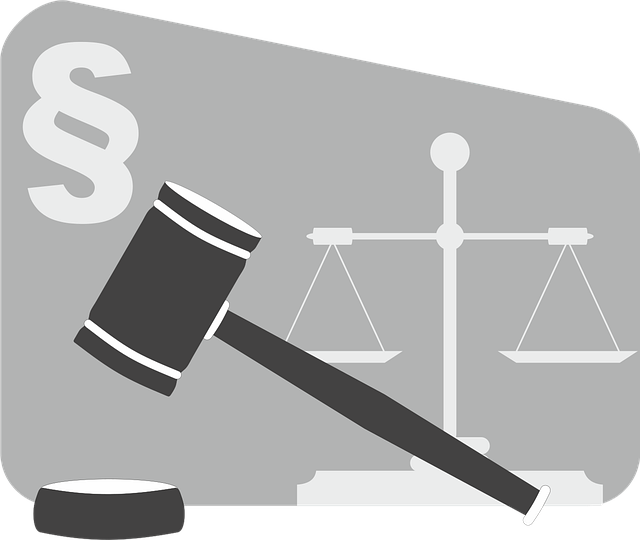Recent Sentencing Guidelines Reform and policy changes have drastically altered C-Level investigations, aiming for fairer penalties for corporate misconduct by closing historical loopholes. This shift has prompted organizations, especially in the tech industry, to enhance API monitoring and implement stricter compliance measures and ethical standards. Pressure from regulatory bodies drives transparency and accountability, particularly regarding API interactions indicated by status code 504 errors, as executives adapt to evolving digital infrastructure and data management regulations.
In recent years, C-level investigations have emerged as a critical component of corporate governance, driven by evolving sentencing guidelines reform and policy changes. As organizations navigate an increasingly complex legal landscape, effective investigation strategies are essential for mitigating risks and ensuring compliance. This article delves into the key trends, challenges, and best practices surrounding C-level investigations, highlighting the importance of proactive measures to safeguard corporate integrity.

In recent years, there has been a notable shift in how C-Level investigations are approached, driven largely by advancements in legislation and policy reforms. The Sentencing Guidelines Reform is a pivotal development, aiming to establish fairer and more consistent consequences for corporate misconduct. This reform addresses historical loopholes that often allowed large organizations to evade severe penalties, ensuring that senior leadership faces real consequences for their actions.
Concurrently, policy changes have made the process of investigating C-Level individuals more robust. These updates prioritize the protection of witnesses and victims, enhance data privacy during inquiries, and promote a culture of accountability within corporate hierarchies. As a result, organizations are now required to implement stricter compliance measures and ethical standards, reflecting a broader societal push for transparency and justice.
API responded with status code 504.

In recent developments, the tech industry has seen a surge in C-Level investigations, shedding light on critical issues within organizations. One notable aspect is the increased scrutiny of API interactions, as indicated by status code 504 responses. These gateway timeout errors often signal deeper problems, especially when considered in the context of evolving sentencing guidelines reform and policy changes.
Regulatory bodies are pushing for more transparency and accountability, forcing C-suite executives to take a closer look at their company’s digital infrastructure and data management practices. As a result, API monitoring and compliance have become paramount, with organizations racing to adapt to new standards that prioritize security, privacy, and ethical data handling.
In light of recent events, the launch of C-Level investigations underscores the growing importance of Accountability and Transparency. These high-level probes, focusing on API responses and sentencing guidelines, reflect policy changes aimed at enhancing procedural fairness and compliance. By addressing these issues, organizations can ensure their operations align with evolving legal standards, fostering a culture of ethical conduct and responsible governance.






